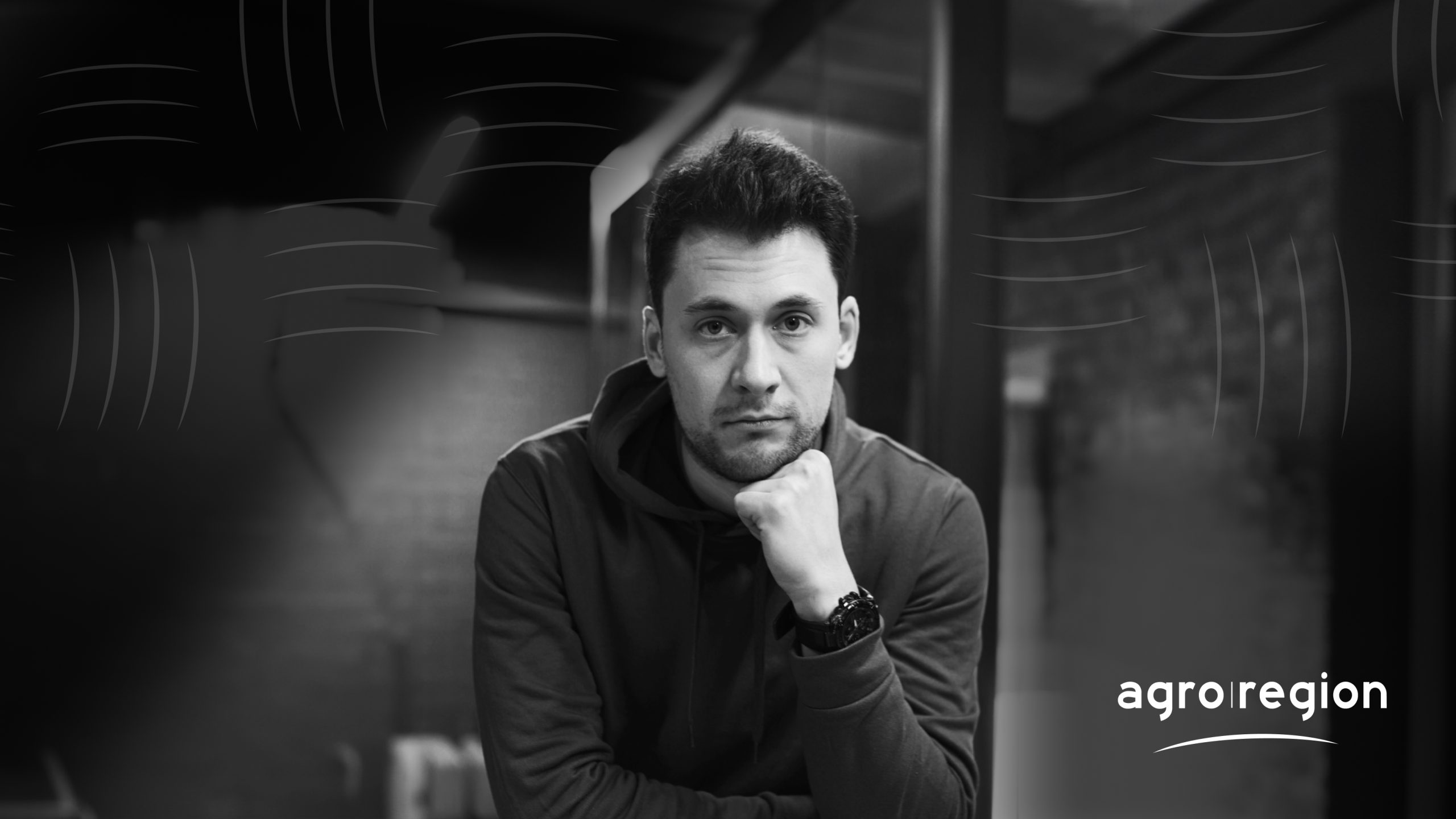Taras Ivanyshyn: The greatest risk of all is not taking any risks at all
22. 02. 24

Quick Interview with Taras Ivanyshyn, Investment Director of the Agro-Region Group of Companies
Corporate governance is not a common practice in Ukrainian agribusiness companies. How does the Agro-Region Supervisory Board contribute to the company’s work? How necessary is a Supervisory Board for agricultural companies, and what are the benefits?
Taras Ivanyshyn: Indeed, not all companies implement proper corporate governance practices, but those that have learned to apply them effectively will not abandon corporate governance, fully utilizing all its advantages. At Agro-Region, the Supervisory Board provides leadership, sets strategic goals, oversees their achievement, approves plans, operating budgets, large expenditures, and monitors results, among other strategic functions.
To anyone planning to embark on this path and learn about the benefits of corporate governance, I recommend familiarizing yourself with the Corporate Governance Code: key requirements and recommendations, a document that I worked on together with the National Securities and Stock Market Commission and the Ukrainian Academy of Corporate Governance, and which has become a national standard.
What do you value most in people, and in your opinion, what motivation is effective?
Taras Ivanyshyn: The ability to learn new things, self-analysis, responsibility.
There are two types of incentives for managers: material and non-material. Research shows that monetary incentives are mostly effective with a quantitative approach to work evaluation, such as the amount of tonnage shipped, exceeding the planned ExW, the number of prepared reports/contracts. In such cases, this incentive proves effective.
In other cases, where a qualitative approach to problem-solving is necessary—finding new sales channels for grain, developing long-term international partnerships, finding creative solutions for grain delivery—monetary incentives are ineffective because they do not stimulate internal motivational factors. These include factors related to the content of the work: a sense of achievement, recognition, the work itself, responsibility, leadership.
Therefore, a company always needs to be attentive to the team and use not only monetary but also non-material incentives such as providing training, mentoring, granting autonomy, psychological support, veteran reintegration, etc.
Agro-Region has chosen the path of sustainable development. What initial steps have been taken, what are the plans, and what investments are being directed towards business reformatting on this path?
Taras Ivanyshyn: The company has approved a Corporate Sustainability Policy and signaled to management to incorporate the application of sustainability principles into daily operational decision-making. Due to the Russian Federation’s invasion of Ukraine, the company will prioritize its sustainability goals and gradually move in this direction.
The company’s short-term goals include:
- Reducing greenhouse gas emissions;
- Efficient energy management;
- High quality and safety of products;
- Health and safety of employees.
Agro-Region is already participating in the voluntary carbon program AgreenaCarbon, actively installing solar panels on all administrative buildings, and obtaining certifications (ISCC, GMP+). Next in line is joining the UN Global Compact.
Currently, with the question of physical survival at hand, most are not talking about investments in sustainability and innovation. Are these issues relevant today? Will Agro-Region continue to invest, and if so, in what?
Taras Ivanyshyn: We are considering many sectors for development: increasing elevator capacities, investments in logistics and transport, energy and food processing, livestock, poultry farming, alternative energy, and real estate. Undoubtedly, the riskiness of such investments is perhaps the highest since independence, but the greatest risk of all is not taking any risks at all. We are always looking for creative approaches to investment budgeting, sources of funding, exploring new business models, and will not stop seeking successful investments.
What do you see as the future of the Ukrainian agricultural sector after victory?
Taras Ivanyshyn: After the victory, I believe that new investment opportunities will open up for the agricultural sector in efficient crop production (precision farming, robotics), processing, including deep processing, and bioenergy. However, not all enterprises will be able to quickly resume their activities while managing the consequences of the Russian invasion.